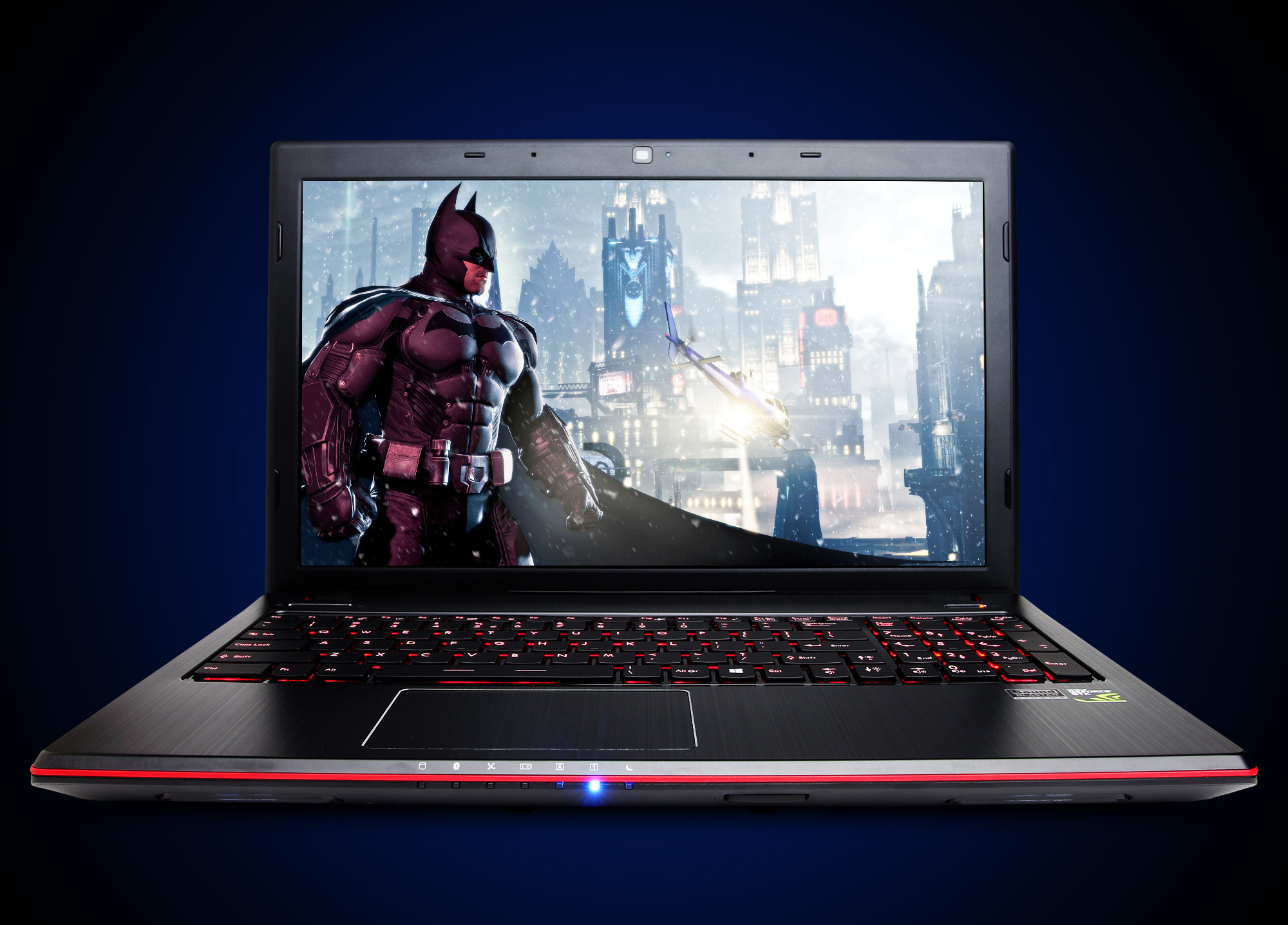
Buying a gaming laptop is not an easy task. Similar to building a gaming desktop, you need to know about its specifications and the hardware requirements you need to make sure that the unit can keep up with your activities. So before you take out your cash or swipe your card to buy that gaming laptop you are eyeing, you might want to check this guide to make sure that it is the right gaming laptop for you.
Below are a few factors and specifications you need to consider when buying a new gaming laptop:
- Screen Size and Resolution
- Refresh Rate
- GPU (Graphics Processing Unit)
- CPU (Central Processing Unit)
- RAM
- Storage or Memory Disk
- Cooling System
Screen Size
While most people tend to overlook checking the unit’s screen size and resolution, it is still important, especially for you, to fully enjoy a game’s graphics.
This is why when choosing a gaming laptop, make sure to consider the size of the screen. Most gaming laptops in the market have 15″ inches and 17″ inches displays. But there are others that offer a larger or smaller screen size depending on the user preference.
If you are comfortable using a larger screen size, then go for it. Playing games on a large screen gives you a better gaming experience, although such units are more expensive than gaming laptops that have smaller screens.
The good news, though, is that gaming laptops with larger screens mean that the unit uses hardware with higher specifications. The downside, though, is that a large screen size means more weight.
Screen Resolution
Never buy a gaming laptop with a resolution lower than 1920 x 1080. 1080p is the recommended resolution for video games as it provides great image quality and a better gaming experience.
But if you have a budget, you can always opt for a gaming laptop with a higher screen resolution. There are units now that offer 4k resolution or 3840 x 2160 px. 4k gaming laptops can give you the best visual experience, but they are way expensive as it requires beefy hardware for a unit to display at this resolution.
Refresh Rate
When it comes to your unit’s refresh rate, choose a gaming laptop that can support at least a 144 Hz refresh rate. These are the standard metrics for gamers. But the higher the refresh rate of a monitor, the better it is for playing games. Remember that a higher refresh rate means a faster image update which leads to a smooth visual experience.
Another benefit of having a higher refresh rate is that it brings lower response times. This means that lags will be less, especially when playing FPS games like CS: Go or Call of Duty.
GPU (Graphics Processing Unit)
One of the important hardware components of a gaming device is the graphics card. This is why you need to look for a gaming laptop with quality and powerful GPU. Look for units with the latest generation of GPU, such as the Nvidia RTX series and the AMD Radeon RX 5000-M series.
If you don’t buy a gaming laptop with the best hardware, you are compromising the graphics quality of the games you are planning to play.
This is why if you want to play the latest games in the market, it is only necessary to buy a unit with a high-end GPU component.
CPU (Central Processing Unit)
CPU, also known as the central processing unit of your PC unit, is the most vital component. Your gaming laptop should have a solid processor for gaming. You need to make sure that it has sufficient processing power for your unit to deliver the best performance. Choose a CPU higher than Intel i5 if possible.
RAM
RAM or random access memory might not affect the FPS of your game. However, its speed can either make or break your gaming experience. When buying a gaming laptop, choose a unit that has a minimum of 16GB RAM. If possible, you can get 24GB RAM or 32GB RAM.
Storage or Memory Disk
When it comes to gaming laptops, you need to consider the storage amount of the SSD. To get the best performance possible, choose a gaming laptop with up to 1TB storage, as this will increase the performance and processing power of your unit.
You can also buy a separate SSD to store your video games, as this will deliver an improvement in your gaming performance.